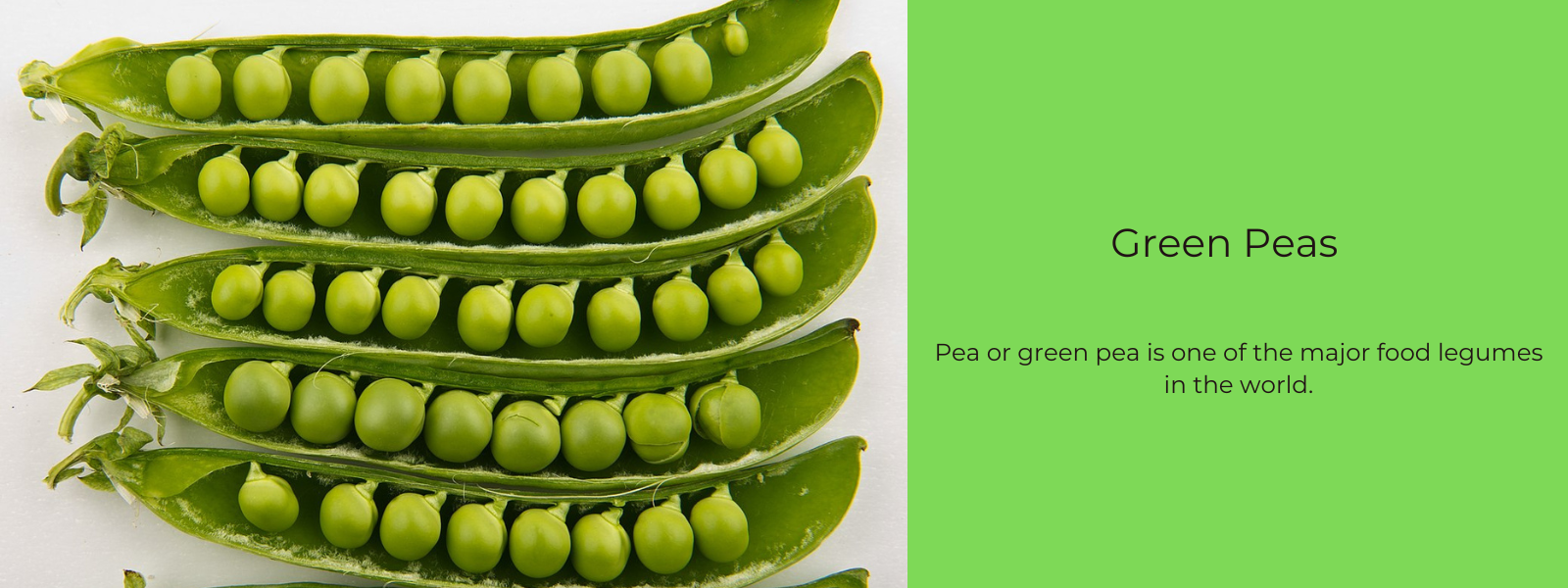Carrots are a type of root vegetable that belongs to the Apiaceae family, which also includes other vegetables like celery, parsley, and fennel. Carrots can be eaten raw or cooked, and are commonly used in salads, soups, stews, and side dishes.
Carrots are a root vegetable that is popular around the world. They are usually orange in color, but can also be found in other colors such as purple, white, and yellow. Carrots are rich in nutrients such as vitamins A, K, and C, as well as fiber and potassium. They can be eaten raw or cooked and are used in a variety of dishes, including salads, soups, stews, and side dishes. They can also be juiced and used in smoothies.
Table of Contents
Nutritional Profile of Carrots:
Carrots are a nutrient-dense vegetable, meaning they are low in calories but high in vitamins, minerals, and fiber. Here is a breakdown of the nutritional profile of a medium-sized carrot (approximately 61 grams):
- Calories: 25
- Carbohydrates: 6 grams
- Fiber: 2 grams
- Protein: 1 gram
- Fat: 0 grams
- Vitamin A: 428% of the Daily Value (DV)
- Vitamin K: 13% of the DV
- Vitamin C: 6% of the DV
- Potassium: 5% of the DV
- Vitamin B6: 5% of the DV
- Carrots are also a good source of other nutrients like beta-carotene, lutein, and zeaxanthin, which are important for eye health. They also contain antioxidants that can help protect against damage from free radicals, which are harmful molecules that can contribute to chronic diseases.
Overall, carrots are a healthy and nutritious addition to a well-balanced diet.
Health Benefits of Eating Carrots:
Eating carrots provides several health benefits, including:
- Improving vision: Carrots are rich in beta-carotene, which is converted to vitamin A in the body. Vitamin A is essential for maintaining healthy eyesight, especially in low light conditions.
- Promoting skin health: Vitamin A also helps to keep the skin healthy and radiant. Carrots contain antioxidants that can protect the skin from damage caused by free radicals.
- Boosting the immune system: Carrots are a good source of vitamin C, which is an essential nutrient for immune system function. Vitamin C also acts as an antioxidant, helping to protect the body from infections and diseases.
- Supporting digestive health: The fiber in carrots can help to promote digestive health by supporting regular bowel movements and reducing the risk of constipation.
- Lowering the risk of chronic diseases: Carrots contain antioxidants that can help to reduce the risk of chronic diseases such as cancer, heart disease, and Alzheimer's disease.
- Supporting weight loss: Carrots are low in calories and high in fiber, which can help to promote feelings of fullness and reduce calorie intake.
Overall, incorporating carrots into a balanced diet can provide a wide range of health benefits.
Different Ways to Prepare and Enjoy Carrots:
Carrots are a versatile vegetable that can be prepared and enjoyed in many ways. Here are some different ways to prepare and enjoy carrots:
- Raw: Carrots can be eaten raw as a snack or added to salads for some extra crunch.
- Roasted: Roasting carrots with a little bit of olive oil and seasonings can bring out their natural sweetness and add some depth of flavor.
- Steamed: Steaming carrots is a simple and healthy way to enjoy them. They can be served as a side dish or added to soups and stews.
- Grilled: Grilled carrots can be a tasty addition to any barbecue or cookout. They can be seasoned with herbs and spices or drizzled with a little bit of honey for some extra sweetness.
- Pureed: Carrots can be pureed and used as a base for soups or sauces. They can also be added to smoothies for a boost of nutrients.
- Pickled: Pickled carrots are a delicious and tangy snack that can be enjoyed on their own or added to sandwiches and salads.
- Juiced: Carrots can be juiced and enjoyed as a healthy and refreshing drink. They can also be combined with other fruits and vegetables for a nutrient-packed juice blend.
Overall, there are many different ways to prepare and enjoy carrots, making them a versatile and delicious addition to any meal.
Tips for Shopping for Fresh Carrots:
Here are some tips for shopping for fresh carrots:
- Look for bright, vibrant color: Fresh carrots should be bright in color with no signs of discoloration or wilting. Avoid carrots that are pale or have a dull color.
- Check the texture: Carrots should be firm and crisp to the touch. Avoid carrots that are soft or mushy, as this may indicate that they are past their prime.
- Check the tops: If the carrots have the tops still attached, make sure they are fresh and green. Wilted or yellowing tops may indicate that the carrots are not fresh.
- Check for blemishes: Avoid carrots that have any cuts, cracks, or bruises. These can be signs of damage and may affect the quality and taste of the carrots.
- Choose the right size: Smaller carrots tend to be sweeter and more tender than larger ones. However, larger carrots may be easier to peel and prepare.
- Consider organic: If possible, choose organic carrots to avoid exposure to pesticides and other chemicals.
- Store properly: Once you've purchased your carrots, store them in a cool, dry place such as the refrigerator. Carrots can last up to a month when stored properly.
By following these tips, you can ensure that you are purchasing fresh and high-quality carrots.











Leave a comment